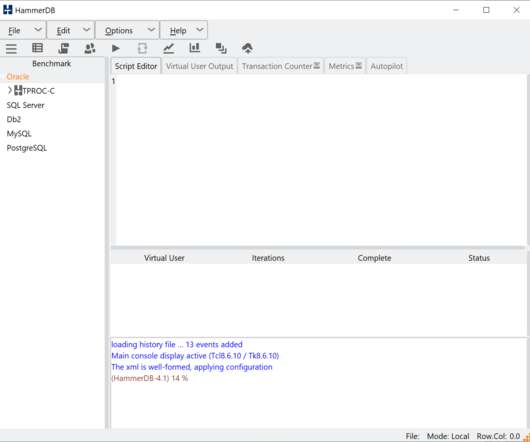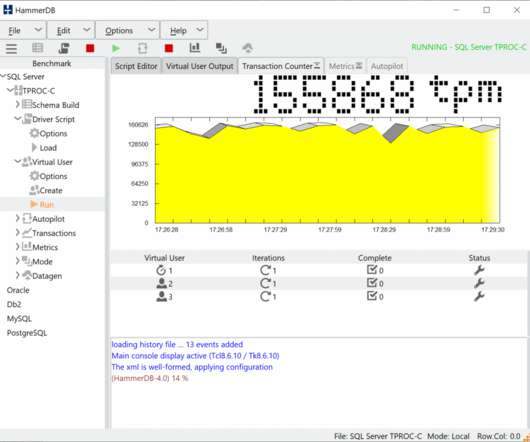PostgreSQL Performance Tuning: Optimizing Database Parameters for Maximum Efficiency
Percona
MAY 1, 2023
PostgreSQL performance optimization is an ongoing process involving monitoring, benchmarking, and adjustments to maintain high-performing PostgreSQL databases. The PostgreSQL buffer is called shared_buffer, which is the most effective tunable parameter for most operating systems. Why is PostgreSQL performance tuning important?



















Let's personalize your content